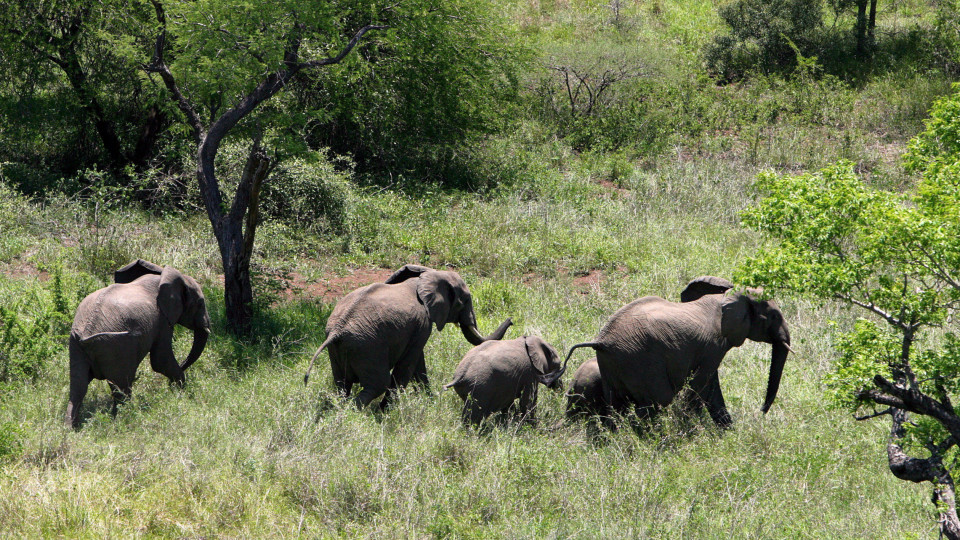Mozambique: About 200 people killed in animal attacks since 2019
Nearly 200 people have died since 2019 in Mozambique, victims of attacks by animals such as elephants and crocodiles, according to data released today by the National Administration of Conservation Areas (ANAC).

© Lusa

Mundo Moçambique
According to the new ANAC general director, Pejul Calenga, who was sworn into office this week, wildlife attacks in Mozambique have also destroyed a total of 955 hectares of agricultural crops, such as corn and cassava, from 2019 to 2023.
According to ANAC, the problems caused by elephants are mainly recorded in the provinces of Maputo, Manica, Sofala, Nampula and Niassa. The consequences of crocodile and hippopotamus action are felt in the provinces of Tete, Sofala and Manica, but the authorities also record problems with hyenas and buffaloes in the provinces of Maputo, Gaza and Sofala.
ANAC is studying the possibility of translocating animals to other areas and reinforcing fences or slaughtering problematic animals, among other measures.
Problems that are also recorded in the Maputo National Park, which was still in decline a few years ago, but where the elephants have fully recovered, to an estimated 500 animals, causing conflicts with the population and putting contraception on the table.
"The excess can become a problem. We are going to do this assessment of the elephants (...) and it is already starting to have a big impact on the vegetation, which will consequently have an impact on the different populations, including that of the elephant", said Miguel Gonçalves, the administrator of the Maputo National Park, about 70 kilometers south of the Mozambican capital, in an interview with Lusa on April 15.
Officially, the regularly conducted population census indicates 400 elephants in that park, but the technical team estimates that there are just over 500 in reality, which will lead to a review of the counting methods and the definition, in the coming months, of a plan for the species in the Maputo National Park.
"This assessment will then lead to a concrete plan for elephant management. It may include things like contraception, for example, to reduce the birth rate, so that the growth is not as great as it is now and the translocation, if possible, to other areas, among other measures", he explained, pointing out the conclusion of the definition of this plan for a period of three months.
"We have the concept, we want to go and get more concrete numbers, but we are already on the ground to see the possibility of contraception. But we want to have concrete numbers to know exactly what investment we have to make, what financing we have to go and get, because these are not cheap operations and we need to know exactly what we are dealing with", he assumed.
The presence of elephants in that area is historical, which motivated the creation of a hunting reserve in 1932. Before that, the elephants in that area were hunted for their ivory which, according to history, was then sent to Europe, especially England, from the Ilha dos Portugueses, off the coast of Maputo, and which came to be called, for that very reason, Ilha dos Elefantes.
During the 16 years of civil war, after Mozambique's independence, the decline in the number of elephants in that area was such that it is estimated to have reached "less than a hundred".
"But the protection we put in place and the surveillance effort, the elephant population grew naturally, to the point that, in 2022/2023, we translocated more than 40 elephants. We are in a position to succeed now and be able to donate to other conservation areas", stressed Miguel Gonçalves.
Read Also: Immersive installation in Mozambique preserves the culture of the sea (Portuguese version)

Descarregue a nossa App gratuita.
Oitavo ano consecutivo Escolha do Consumidor para Imprensa Online e eleito o produto do ano 2024.
* Estudo da e Netsonda, nov. e dez. 2023 produtodoano- pt.com






